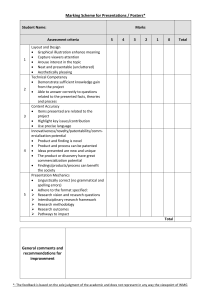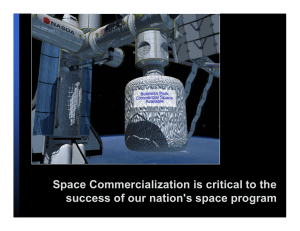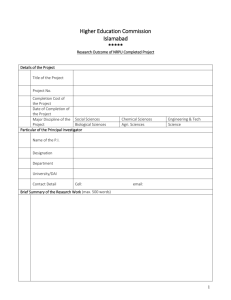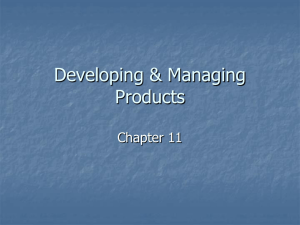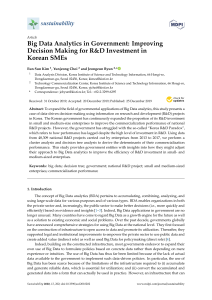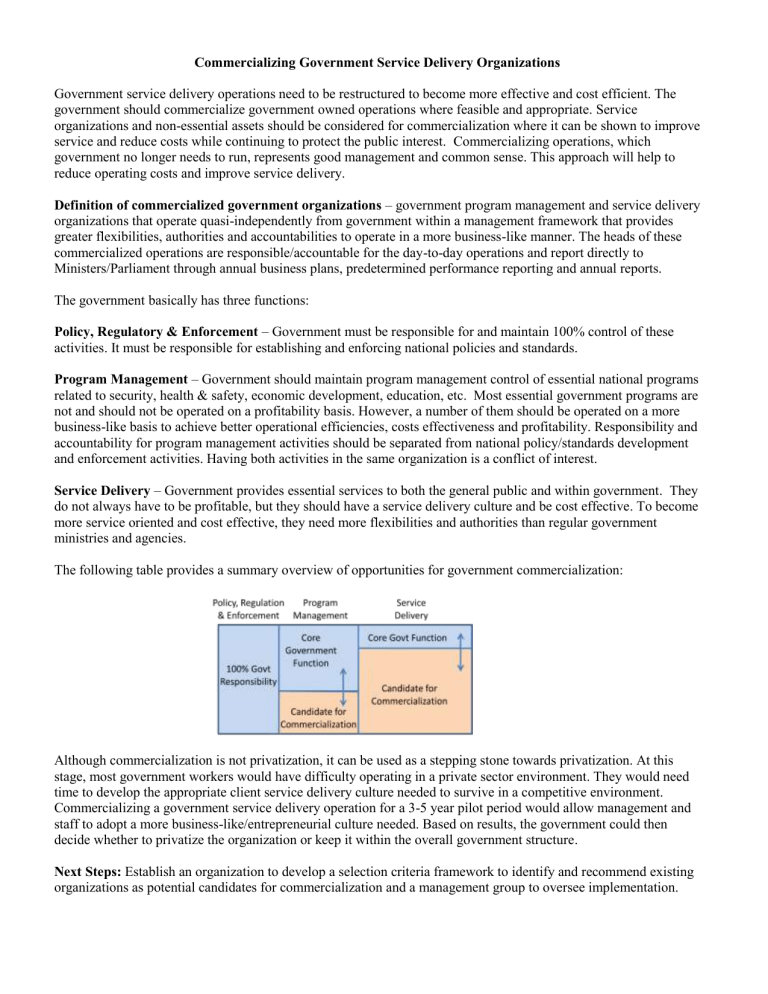
Commercializing Government Service Delivery Organizations Government service delivery operations need to be restructured to become more effective and cost efficient. The government should commercialize government owned operations where feasible and appropriate. Service organizations and non-essential assets should be considered for commercialization where it can be shown to improve service and reduce costs while continuing to protect the public interest. Commercializing operations, which government no longer needs to run, represents good management and common sense. This approach will help to reduce operating costs and improve service delivery. Definition of commercialized government organizations – government program management and service delivery organizations that operate quasi-independently from government within a management framework that provides greater flexibilities, authorities and accountabilities to operate in a more business-like manner. The heads of these commercialized operations are responsible/accountable for the day-to-day operations and report directly to Ministers/Parliament through annual business plans, predetermined performance reporting and annual reports. The government basically has three functions: Policy, Regulatory & Enforcement – Government must be responsible for and maintain 100% control of these activities. It must be responsible for establishing and enforcing national policies and standards. Program Management – Government should maintain program management control of essential national programs related to security, health & safety, economic development, education, etc. Most essential government programs are not and should not be operated on a profitability basis. However, a number of them should be operated on a more business-like basis to achieve better operational efficiencies, costs effectiveness and profitability. Responsibility and accountability for program management activities should be separated from national policy/standards development and enforcement activities. Having both activities in the same organization is a conflict of interest. Service Delivery – Government provides essential services to both the general public and within government. They do not always have to be profitable, but they should have a service delivery culture and be cost effective. To become more service oriented and cost effective, they need more flexibilities and authorities than regular government ministries and agencies. The following table provides a summary overview of opportunities for government commercialization: Although commercialization is not privatization, it can be used as a stepping stone towards privatization. At this stage, most government workers would have difficulty operating in a private sector environment. They would need time to develop the appropriate client service delivery culture needed to survive in a competitive environment. Commercializing a government service delivery operation for a 3-5 year pilot period would allow management and staff to adopt a more business-like/entrepreneurial culture needed. Based on results, the government could then decide whether to privatize the organization or keep it within the overall government structure. Next Steps: Establish an organization to develop a selection criteria framework to identify and recommend existing organizations as potential candidates for commercialization and a management group to oversee implementation.
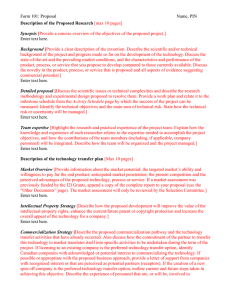
![Introduction [max 1 pg]](http://s3.studylib.net/store/data/007168054_1-d63441680c3a2b0b41ae7f89ed2aefb8-300x300.png)

